Video

Latrice Royale
https://www.instagram.com/real.sicko/
2 notes
·
View notes
Link
A Google Chrome extension that you can press when you think something may be triggering to another person out there. It’s a crowd-sourced thing, so the more people use it, the more it will be able to warn us 30 seconds in advance so we can decide if we want to keep watching. Brilliant.
115K notes
·
View notes
Photo

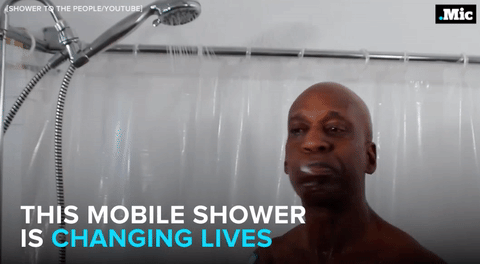


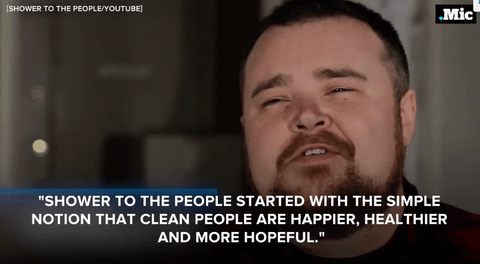


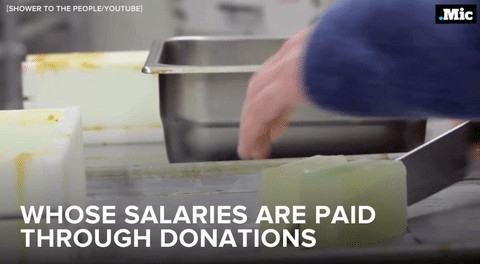
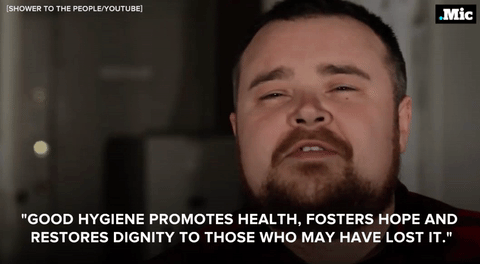

Related: Albuquerque is also providing mobile showers to the homeless — and they’re doing it in a wonderfully sustainable way.
222K notes
·
View notes
Text
I hate that coming out is like, entirely for the sake of cis&straight people. We come about because they can’t stop assuming that everyone else is cis&straight, we come out because they can’t stop being homophobic and transphobic and assuming that we are comfortable hearing it, we come out because they keep asking about why we don’t have a boyfriend yet or monitoring which bathroom we use. And then there’s the fact that cis&straight people are so invested in us coming out. They tell us it’s lying and deceptive when LGBT folks don’t come out to the point that they tell other people for us, they tell us that they “already knew” or “could tell” and brag about their gaydar or else they praise us by pretending it’s a compliment that they “never would’ve guessed”, then they go on to call us “brave” and “strong” for doing something we never should’ve had to do in the first place. And then there’s the idea that we are the ones who should feel ashamed about it and be told that they “still love us” despite the fact that it’s their hatred and bigotry that we’ve had to deal with the entire time we’ve known them and not the other way around. Coming out is the only milestone they think we have because it’s the one that they play the biggest role in and the one that they necessitate and I absolutely hate that about coming out.
76K notes
·
View notes
Photo

yekaterina petrovna zamolodchikova
1 note
·
View note
Photo

kimberly chi
1 note
·
View note
Photo

Because of the Fifth Amendment, no one in the U.S. may legally be forced to testify against himself, and because of the Fourth Amendment, no one’s records or belongings may legally be searched or seized without just cause. However, American police are trained to use methods of deception, intimidation and manipulation to circumvent these restrictions. In other words, cops routinely break the law—in letter and in spirit—in the name of enforcing the law. Several examples of this are widely known, if not widely understood.
1) “Do you know why I stopped you?”
Cops ask this, not because they want to have a friendly chat, but because they want you to incriminate yourself. They are hoping you will “voluntarily” confess to having broken the law, whether it was something they had already noticed or not. You may think you are apologizing, or explaining, or even making excuses, but from the cop’s perspective, you are confessing. He is not there to serve you; he is there fishing for an excuse to fine or arrest you. In asking you the familiar question, he is essentially asking you what crime you just committed. And he will do this without giving you any “Miranda” warning, in an effort to trick you into testifying against yourself.
2) “Do you have something to hide?”
Police often talk as if you need a good reason for not answering whatever questions they ask, or for not consenting to a warrantless search of your person, your car, or even your home. The ridiculous implication is that if you haven’t committed a crime, you should be happy to be subjected to random interrogations and searches. This turns the concept of due process on its head, as the cop tries to put the burden on you to prove your innocence, while implying that your failure to “cooperate” with random harassment must be evidence of guilt.
3) “Cooperating will make things easier on you.”
The logical converse of this statement implies that refusing to answer questions and refusing to consent to a search will make things more difficult for you. In other words, you will be punished if you exercise your rights. Of course, if they coerce you into giving them a reason to fine or arrest you, they will claim that you “voluntarily” answered questions and “consented” to a search, and will pretend there was no veiled threat of what they might do to you if you did not willingly “cooperate.”
(Such tactics are also used by prosecutors and judges via the procedure of “plea-bargaining,” whereby someone accused of a crime is essentially told that if he confesses guilt—thus relieving the government of having to present evidence or prove anything—then his suffering will be reduced. In fact, “plea bargaining” is illegal in many countries precisely because it basically constitutes coerced confessions.)
4) “We’ll just get a warrant.”
Cops may try to persuade you to “consent” to a search by claiming that they could easily just go get a warrant if you don’t consent. This is just another ploy to intimidate people into surrendering their rights, with the implication again being that whoever inconveniences the police by requiring them to go through the process of getting a warrant will receive worse treatment than one who “cooperates.” But by definition, one who is threatened or intimidated into “consenting” has not truly consented to anything.
5.) We have someone who will testify against you
Police “informants” are often individuals whose own legal troubles have put them in a position where they can be used by the police to circumvent and undermine the constitutional rights of others. For example, once the police have something to hold over one individual, they can then bully that individual into giving false, anonymous testimony which can be used to obtain search warrants to use against others. Even if the informant gets caught lying, the police can say they didn’t know, making this tactic cowardly and illegal, but also very effective at getting around constitutional restrictions.
6) “We can hold you for 72 hours without charging you.”
Based only on claimed suspicion, even without enough evidence or other probable cause to charge you with a crime, the police can kidnap you—or threaten to kidnap you—and use that to persuade you to confess to some relatively minor offense. Using this tactic, which borders on being torture, police can obtain confessions they know to be false, from people whose only concern, then and there, is to be released.
7) “I’m going to search you for my own safety.”
Using so-called “Terry frisks” (named after the Supreme Court case of Terry v. Ohio, 392 U.S. 1), police can carry out certain limited searches, without any warrant or probable cause to believe that a crime has been committed, under the guise of checking for weapons. By simply asserting that someone might have a weapon, police can disregard and circumvent the Fourth Amendment prohibition on unreasonable searches.
U.S. courts have gone back and forth in deciding how often, and in what circumstances, tactics like those mentioned above are acceptable. And of course, police continually go far beyond anything the courts have declared to be “legal” anyway. But aside from nitpicking legal technicalities, both coerced confessions and unreasonable searches are still unconstitutional, and therefore “illegal,” regardless of the rationale or excuses used to try to justify them. Yet, all too often, cops show that to them, the Fourth and Fifth Amendments—and any other restrictions on their power—are simply technical inconveniences for them to try to get around. In other words, they will break the law whenever they can get away with it if it serves their own agenda and power, and they will ironically insist that they need to do that in order to catch “law-breakers” (the kind who don’t wear badges).
Of course, if the above tactics fail, police can simply bully people into confessing—falsely or truthfully—and/or carry out unconstitutional searches, knowing that the likelihood of cops having to face any punishment for doing so is extremely low. Usually all that happens, even when a search was unquestionably and obviously illegal, or when a confession was clearly coerced, is that any evidence obtained from the illegal search or forced confession is excluded from being allowed at trial. Of course, if there is no trial—either because the person plea-bargains or because there was no evidence and no crime—the “exclusionary rule” creates no deterrent at all. The police can, and do, routinely break the law and violate individual rights, knowing that there will be no adverse repercussions for them having done so.
Likewise, the police can lie under oath, plant evidence, falsely charge people with “resisting arrest” or “assaulting an officer,” and commit other blatantly illegal acts, knowing full well that their fellow gang members—officers, prosecutors and judges—will almost never hold them accountable for their crimes. Even much of the general public still presumes innocence when it comes to cops accused of wrong-doing, while presuming guilt when the cops accuse someone else of wrong-doing. But this is gradually changing, as the amount of video evidence showing the true nature of the “Street Gang in Blue” becomes too much even for many police-apologists to ignore.
http://www.alternet.org/civil-liberties/7-ways-police-will-break-law-threaten-or-lie-you-get-what-they-want
294K notes
·
View notes
Photo
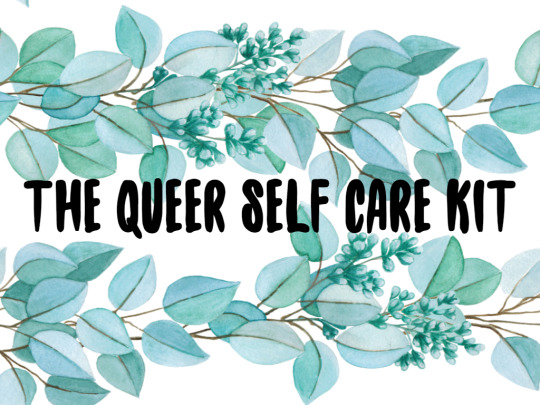
[Image: white background with vine of leaves framing black text. Text: The Queer Self Care Kit]
We realize that no matter what we do, tomorrow is going to be hard. But we are going to do something anyways.
Though we are releasing this specifically to be passed around for the inauguration we encourage it to be used whenever people need it, because we have a feeling that the next four years people are going to need things like this.
So first, for the people who need to just sit down and block it out here is some amazing queer media to do it with:
Queer Entertainment Recommendation list
The Nuevayor LGBT Masterlist Project
Now for those of you who need hope:
Queer History Articles with Happy Endings
Portraits of Queer People Throughout History
For those of you who need to do something:
Holy Fuck the Election
Human Rights Campaign Events (these are rather America-centric so if you have any masterlists more specific to other areas please add them)\
Support Queer Creators
For those of you who need some validation:
Queer Mental Health
Remember Jeffrey Marsh Exists
For those people who need to pamper themselves for a day:
Vegan Comfort Food
Vegetarian Comfort Food
Gluten Free Comfort Food
Comfort Food for People with No Restrictions
Remember Lush Exists
Good luck to everyone, and take care. Remember you can always visit our askbox if you just need to vent.
4K notes
·
View notes
Photo
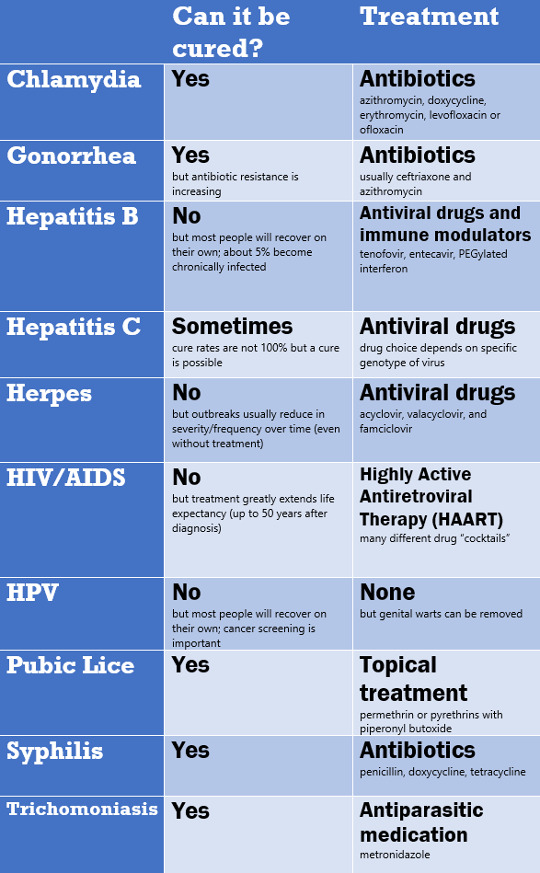
I feel like there’s a lot of infographics out there about STI prevention, but not enough about what happens if you already have one. (The answer is not “you give up because your life is over.”) So here, have some education!
Click to make text bigger.
56K notes
·
View notes
Link

Queer ASL focuses on introducing basic American Sign Language and Deaf culture to queer & transgender learners in Vancouver, BC. This involves learning the alphabet, finger-spelling, facial expressions, vocabulary, and grammar structures. At home, students access homework videos that feature the local queer signing community and a collection of Deaf culture information such as identity politics, cultural norms, history, current topics and issues, etc. The courses have a voice-off policy in order to both be respectful of signing spaces and to immerse ourselves in a signing environment. People who complete Queer ASL classes are able to carry basic conversations with signing queer folks and have a better understanding of the deaf/signing community.
The courses are taught through using powerpoints, videos, demonstrations, dialogue practice via partners and groups. All instructors are deaf and queer. Deaf queer guests (often folks featured in the homework videos) at times visit to provide additional perspectives and show students how we all have different signing styles. By having guests, this allows both signing queers and Queer ASL students become familiar with each other, thus building a bridge.
We generally have 3-4 cycles of classes per year. To keep an eye on upcoming classes, email us at [email protected] to be added to our mailing list. Also, liking our facebook and keeping an eye on our events can be helpful.
4K notes
·
View notes
Photo

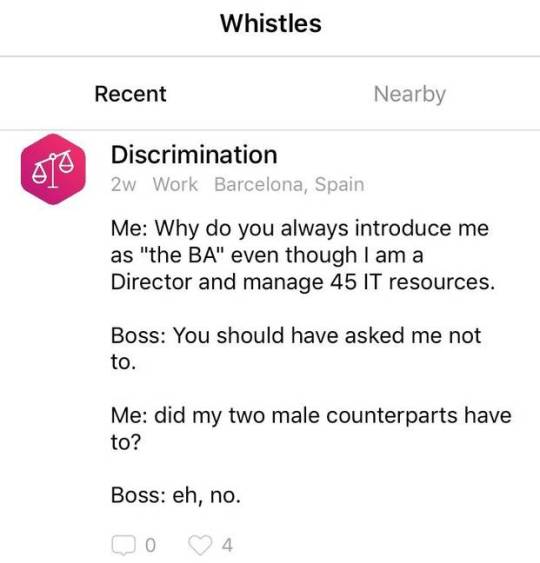
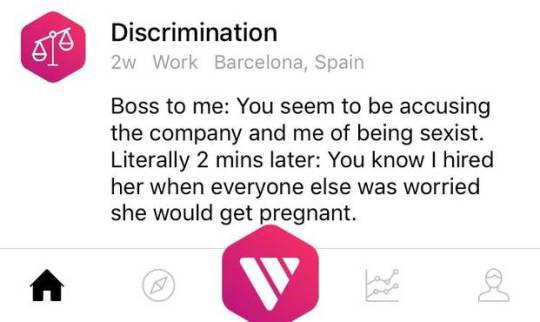
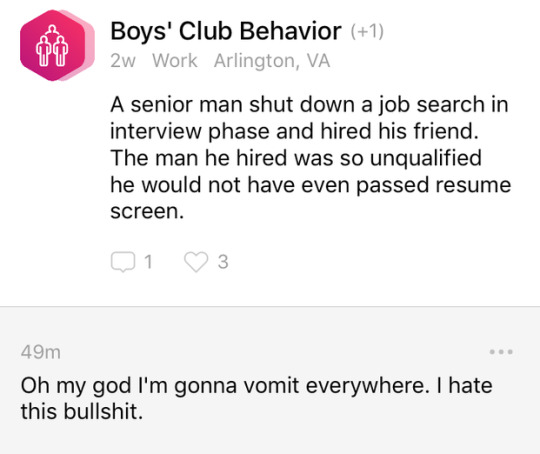



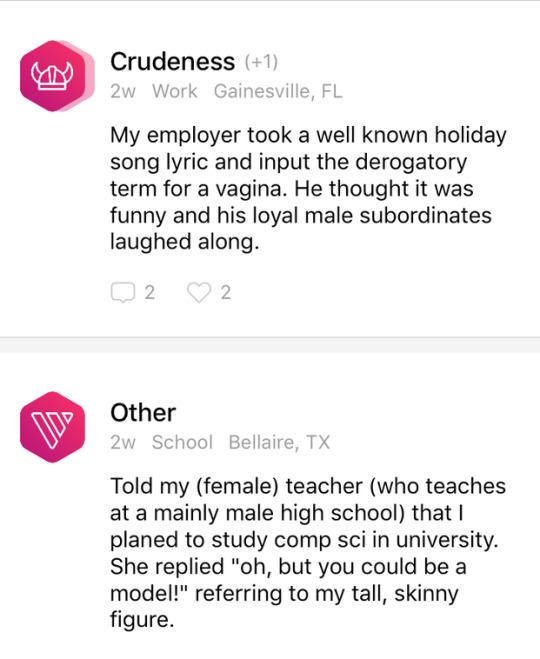
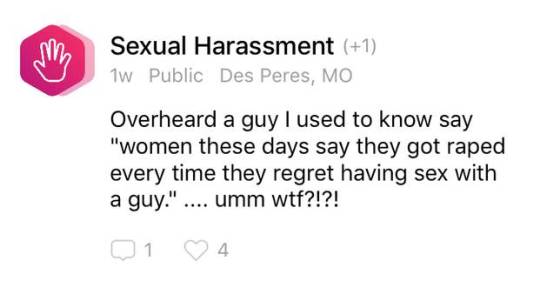
This is Whistle — a new app for people to anonymously document harassment and discrimination
Whistle is a service where anonymous users document harassment or discrimination they experience or witness in their everyday lives.
It’s a never-ending litany of despair. And that’s the point.
Users share their experiences in real time, and others can comment on their post and/or mark it with a little heart. Read more
10K notes
·
View notes










